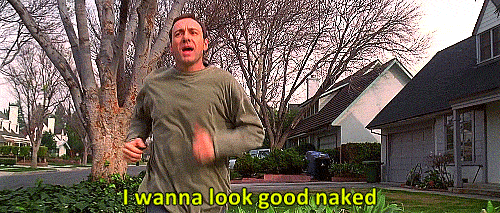Blue is the Warmest Color

This movie could be a lot of different things, each viewer probably took away something different, after watching this movie. For me personally, this movie was about the journey of Adele. The movie follows her from highschool to adulthood, and shows the many difficulties of “growing up” in general.
Adele starts out as a regular highschool student, until she realizes that she is a lesbian. Thus, she goes through a journey to find love, and try to live life as a lesbian, which is hard at first for her.


One of the things that the director wanted to show in this movie, is the different levels of hierarchy in France, the different class systems that are evident in society there. The director presents Adele as the “middle to lower class” group, and Emma as the “upper-middle class” group. A perfect example is the dinner scenes, in Adele’s family dinner, everyone is eating spaghetti, which is a simple, easy to make, meal that lower class people usually eat. Whereas in Emma’s family dinner, everyone is eating shellfish, and oysters, both foods are known to be high-class foods that upper class people eat. Another example is the two jobs that Adele and Emma have. Adele is a simple preschool teacher, this is regarded as a middle to lower class job in France. Emma is an artist, one that actually makes money, this is regarded as a upper class career in France. On a side note, I realized that being an artist in France is actually very noble, whereas in North America, it is usually looked down upon, so this was an interesting take, on how different cultures, value different professions.

Another scene that exemplified this, was the graduation party of Emma’s. During the party it was very hard for Adele to fit into Emma’s “culture”, her group of friends, because the social levels were different, Adele had trouble connecting or finding something relate-able with the group, as a result, she felt like an outcast. During the entire party, Adele is the care-taker, she is cleaning the dishes, and serving people, because this is the class the director wanted to project Adele as being in, the lower class level. Even after the party Emma tells Adele to try and become a writer. Basically, Emma is indirectly telling Adele, that “what you are doing now, is a lower class job, I want you to move up to my class, and you can do that by becoming a writer, instead of a preschool teacher”.

On a side note, I was really amazed, at how different Adele was in the beginning of the movie, compared to the end. Physically you can tell that she was growing up, and even with her attitude, you could just see the progression in Adele. A prime example would be how before, in highschool, if she was sad, she would just cry and eat, but by the end of the movie, even when Emma tells Adele that she does not love her anymore, Adele is of course sad at first, but shows her maturity by accepting it. I was having trouble deciding why the ending of the movie, ended like that. Why the director just shows Adele walking off “into the sunset”. But reflecting back on it now, the director wanted to show how mature and far Adele has come, from the beginning of the movie. She accepts the fact that she screwed up with Emma, and that their relationship is over, so she does the mature thing, and just walks away, not being a “sore-loser” about it. That is what I feel, the director wanted to show, with the ending.































